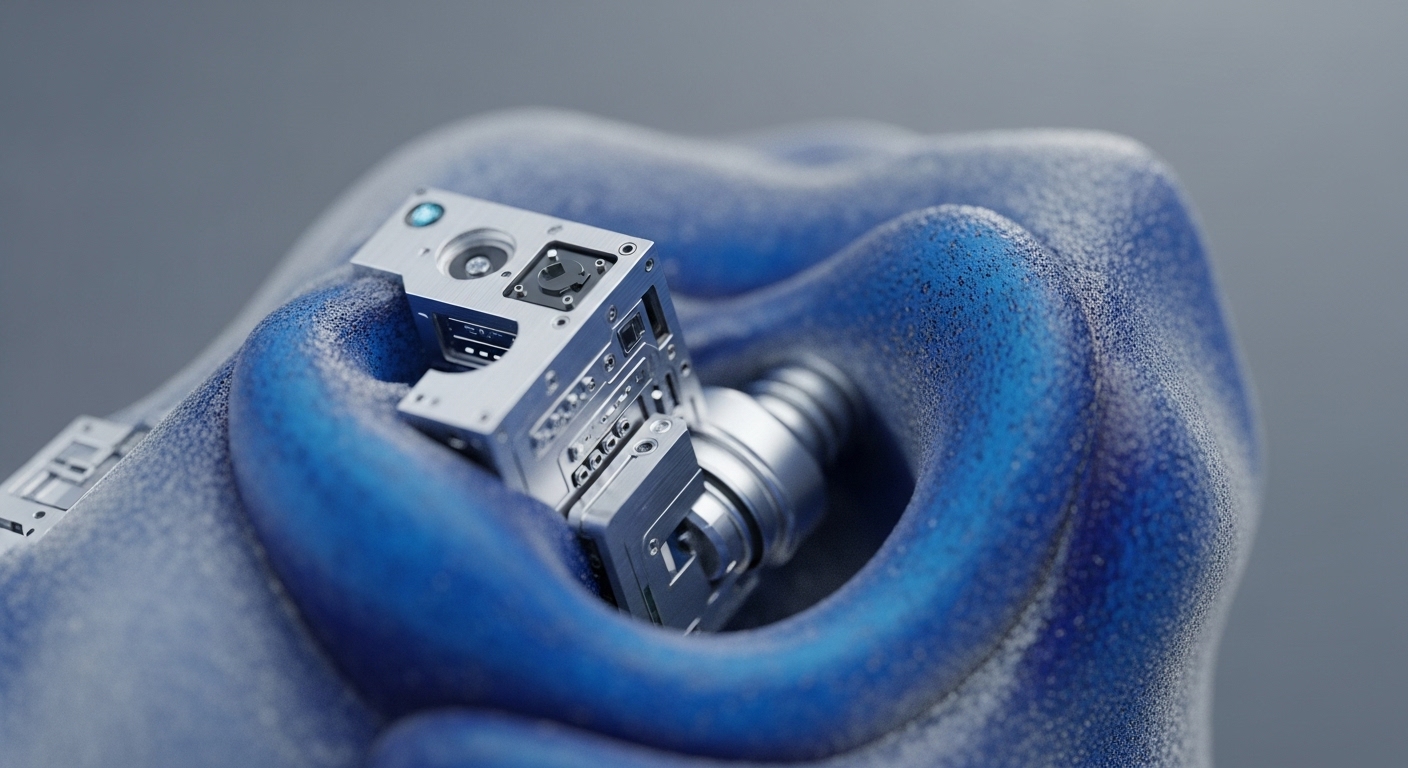Sublinear Zero-Knowledge Proofs Democratize Verifiable Computation on Constrained Devices


A novel proof system reduces ZKP memory from linear to square-root scaling, fundamentally unlocking privacy-preserving computation for all mobile and edge devices.
Sublinear Space Zero-Knowledge Proofs Democratize Verifiable Computation on Constrained Devices


New sublinear memory ZKPs shift resource constraints from linear to square-root complexity, unlocking verifiable computation on mobile and edge devices.
Sublinear Prover Memory Unlocks Decentralized Verifiable Computation and Privacy Scale


New sublinear-space prover reduces ZKP memory from linear to square-root complexity, enabling ubiquitous on-device verifiable computation and privacy.
Sublinear Zero-Knowledge Provers Democratize Verifiable Computation and Privacy at Scale


A new sublinear-space ZKP prover, reducing memory from linear to square-root complexity, transforms verifiable computation from a server task to an on-device primitive.
